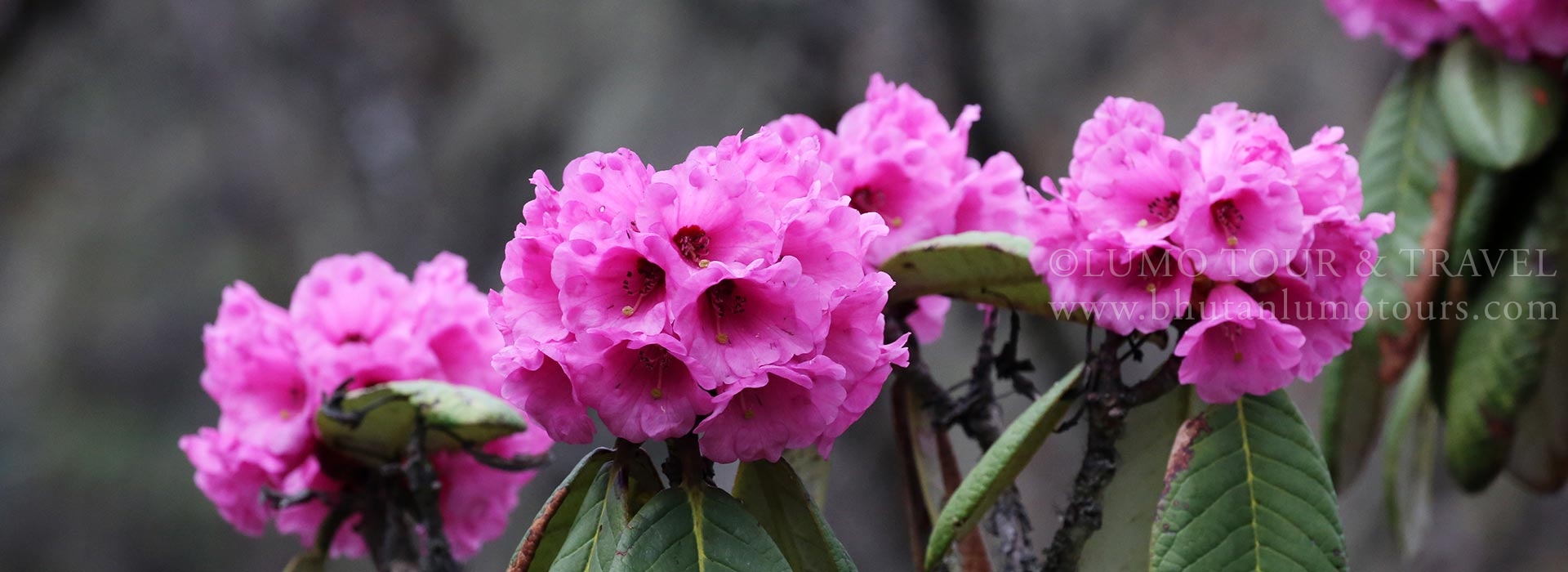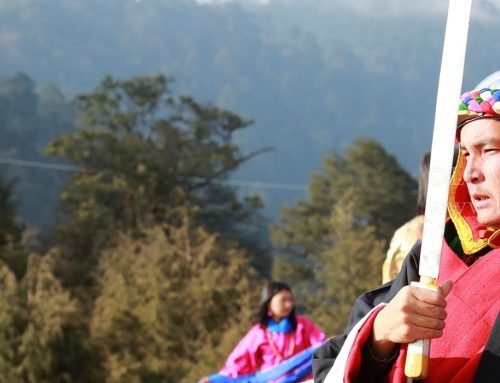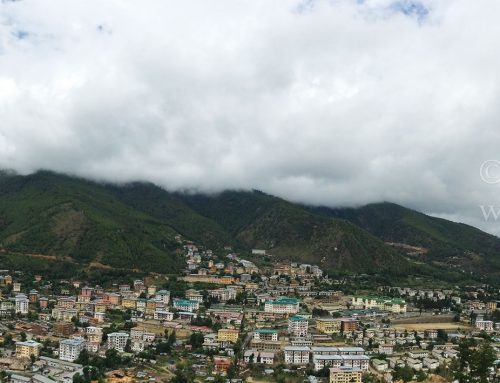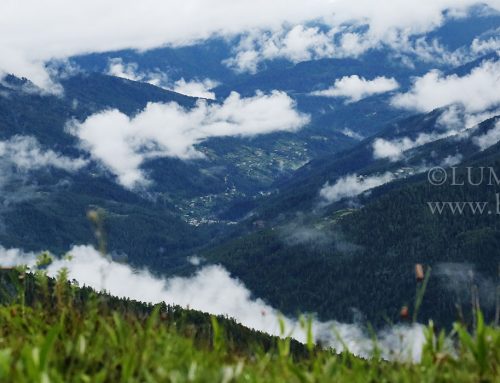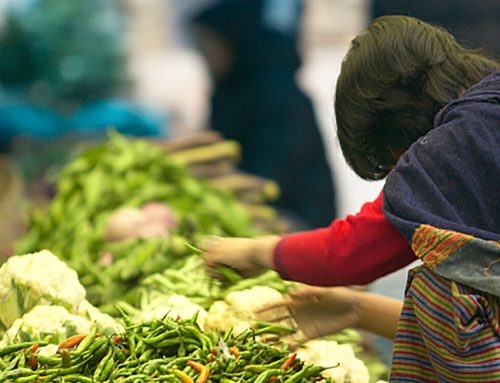People of Bhutan consider the natural environment as a home to gods and goddesses. The belief explains the commitment of the country to protect its environment.
The Constitution mandates that at least 60% of the total area of the country to be under forest cover in all times to come.
Moreover, Bhutan’s development philosophy of Gross National Happiness recognizes the conservation of environment as one of its important pillars.
Whatever development activities the country carries out, the importance of its environment is at the heart of its development decisions. Most times, though a poor economy, the economic opportunities are forgone to protect the environment.
Today at least 72% of Bhutan’s total land area is under forest cover. And more than 50% of the total forest has been declared as the protected biodiversity corridors.
Bhutan is preserving its environment at a huge economic cost. As more than 72% of its population reside in rural areas depending on subsistence farming, they earn their livelihood from as meager as 6% of the total arable land.
The country’s economy is largely aid-fed. However, if it thinks certain modalities of assistance are going to cause damage to the environment, the country willfully declines it.
The protection and conservation of environment has been one of the significant national goals since the start of the modern development in the 1960s.
It is must for every development activity to pass an environment impact assessment. The stringent environment policy of the country creates an environment where the nature and mankind coexist in harmony.
Like any country in the world (mostly developing ones) Bhutan stands vulnerable to the impacts of climate change. The country’s river system is largely fed by glaciers in the Himalayas. In the wake of serious hazards brought about by global warming Bhutan’s rivers run the risk of dying any time soon.
To show to the rest of the world how even a small country like Bhutan can be environmentally responsible, it declared as a carbon-neutral country at COP 15 in Copenhagen Climate Summit in 2009.
Given its large verdant forest cover Bhutan is a home to rich flora and fauna including endangered species. The country has been ranked one of the top 10 biodiversity hot spots in the world.


